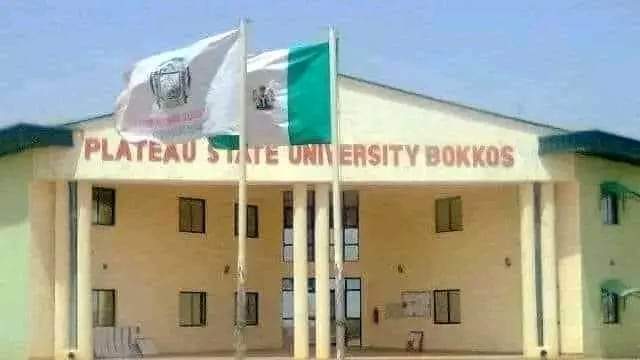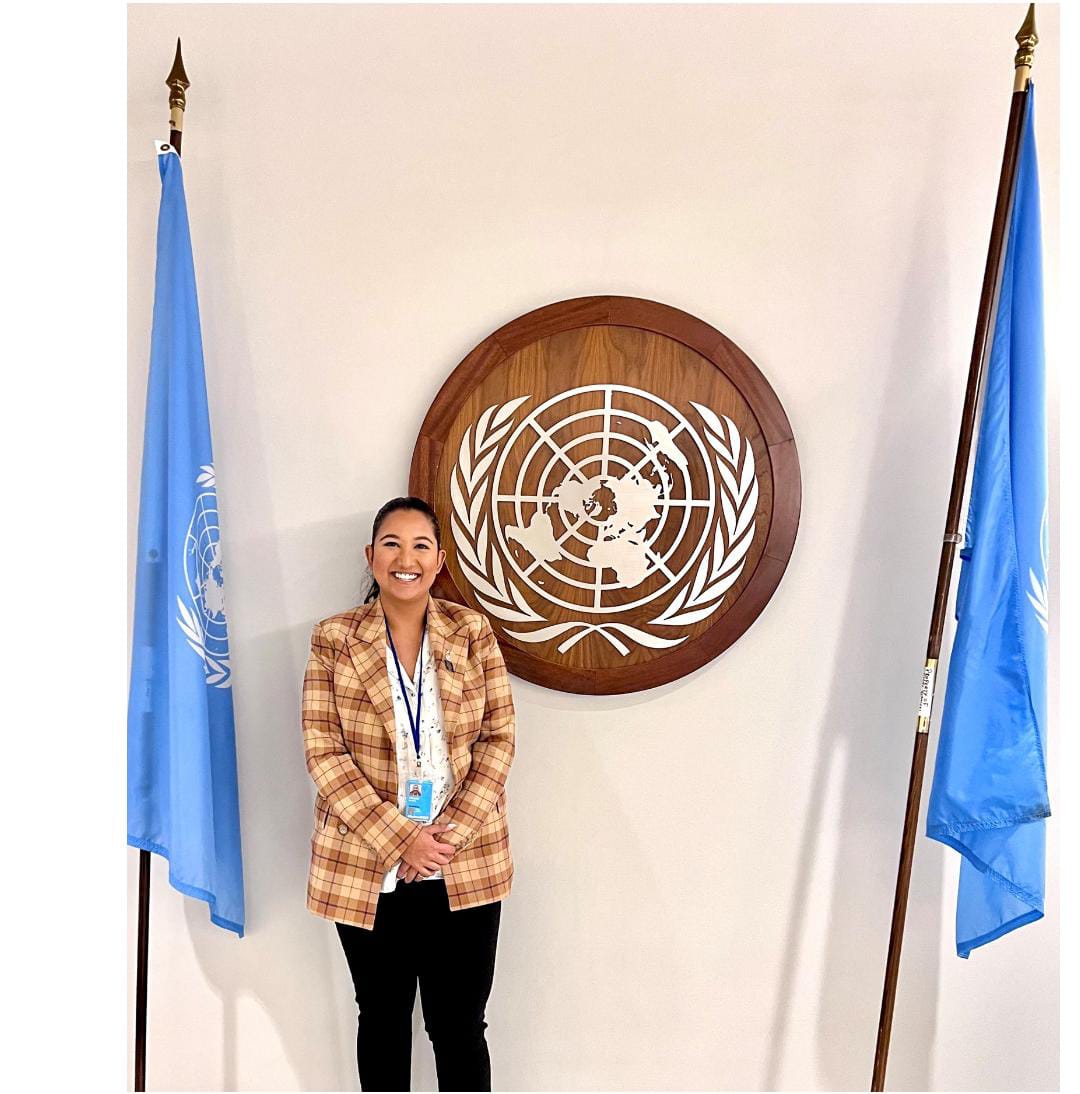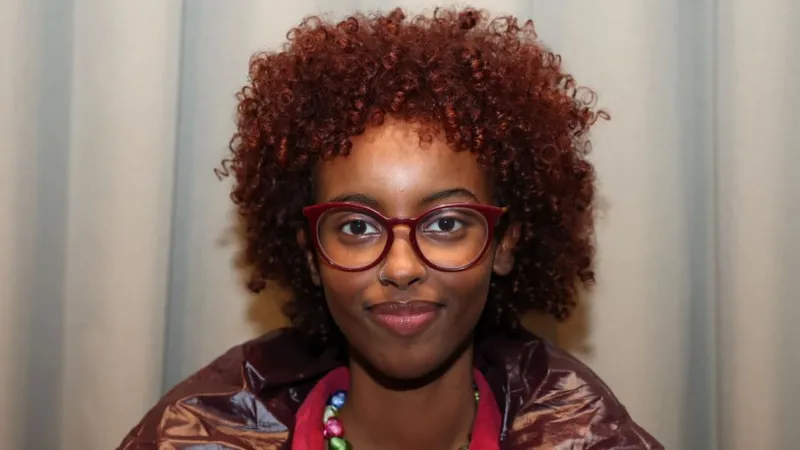Mr Muyiwa Ashimolowo, a lecturer, researcher and NLP certified teacher, was this week’s guest on Elvis Boniface’s Education Dialogue, on 100.5 Radio One FM where he reviewed all the promises made by the presidential candidates, and evaluated the authenticity and reality of those promises.
For the best of those who missed the programme, below is the transcript.
Guest: I am glad to come on this programme today after about 15 months ago as the first guest on Education Dialogue. I am excited about all the education issues that have been discussed on this programme. This is what I have been saying. We should Kick-start the innovation. Then, things will begin to happen.
Presenter: We should understand that there is rot in the education sector. It has now become natural that anybody who aspires to rule this country makes several education promises to get votes from Nigerians. Today we want to review the promises made by our presidential candidates and examine the reality of these promises. We shall begin with the education promises of the incumbent president. He has promised two things: to overhaul the education sector and to remodel 10,000 schools. As an experienced educationist, how do we go about the overhaul, and do you think Buhari’s actions back what he is promising now?
Guest: No society progresses without education. Therefore, if we are to assess Buhari’s administration, we conclude that there is no data to support his commitment to education. There is no data to work with. For instance, most times there is no accurate figure about Lagos State population. The figures released depend on the party or the person who is counting. Now, which schools does the President want to overhaul? Does he mean government schools or schools that support his political party? We are talking about overhaul and the same government introduced M-Power, a kind of part-time teaching where a teacher works for three days at a school and the remaining working days are spent in another school. You do not expect total loyalty from such a teacher. This is strange to teaching profession. If we need 10,000 teachers, let them be employed. Then, they know they are government’s workers. They become committed to their job because they are aware that they have a secured job.
Let me clarify something here. If the government spend 40 billion on all the universities without paying attention to primary and secondary school education, it is an exercise in futility. The foundation is critical.
Presenter: Mr Muyiwa, let us move to Atiku Abubakar, PDP’s presidential candidate. Some persons state that UNESCO has recommended that 26% of the national budget be allocated to education. However, Atiku is saying if elected, he is going to allocate 21% to education. Is this the solution to our education problems?
Guest: I think we need to expand this budgetary allocation to look into how it is being spent. Before 2015, about 2 billion dollars was allocated to buy ammunition for the military. After the 2015 election, we saw how the money was spent. It is not about allocation. It is about how the money is spent. We are talking about allocation. What is the percentage spent on early childhood education, primary and secondary education? What percentage goes into research? We need the accurate data to achieve our aims on education. We cannot improve education system on recurrent expenditure. We need a breakdown of how the allocation will be spent. If someone says he is allocating 21% to education, the question is how is he going to spend the allocation? Education is beyond politics, and it cannot do without politics. In addition, we should see education beyond schooling in order to design our future. Some jobs are disappearing. How are we preparing our children for that new expectation? We need special allocation for early childhood education, which is the foundation. One of the conversations around ASUU strike is that a time will come when public universities will become useless like public primary and secondary schools.
We need special allocation to foundation. We need allocation for creativity at all levels of education. Students from private schools are doing well. How do we get that to children in public schools? These are all we need to look at. We need to work on how the public school system can produce critical thinkers. People talk about allocation to SUPEB. How much of this allocation is spent on teachers training and instructional materials?
Presenter: Thank you, Mr Ashimolowo. I think to answer the question on how to make our education functional, one of the presidential candidates, Omoyele Sowore, has answered that. He said if elected as the president, he would declare free education from primary to tertiary level to all Nigerians.
Guest: There is a distinction between free education and free schooling. If it is free education, where is the fund coming from? I am not saying free education is not possible in Nigeria. We can afford it. To afford it, we must be deliberate.
Presenter: That will take us to Kingsley Moghalu’s education promises. He promised to end strike in our tertiary institutions. How possible is that?
Guest: It is possible to end ASSU strike through political will. All we need is for government to honour agreement signed with the union. Do the government allow NUPENG to go on strike? Government need to understand that education is the driving force that can transform the country.
Presenter: Let us look at something that excites me among the promises. Fela Durotoye promised to subject teachers to regular training and evaluation. However, despite the qualifications of many of the teachers, we still observe that they cannot perform up to expectation. What is missing?
Guest: I think we have to be careful when we label without proofs and data. Training of teachers is the responsibility of any responsible government. Serious attention must be given to that. Today’s teachers do not want their children to become teachers because of the poverty level among teachers.
Presenter: You have talked about distance as one of the challenges facing the education sector. I think Fela Durotoye has a solution to that. He said he would provide free transportation. We need to applaud him for that.
Guest: Yes, he needs to be commended. At least, he has come up with a solution to a challenge. In the past, we have seen politicians who introduced free transportation for students and teachers, but after a year they stopped. A leader must be determined to provide this service throughout the years in office.









